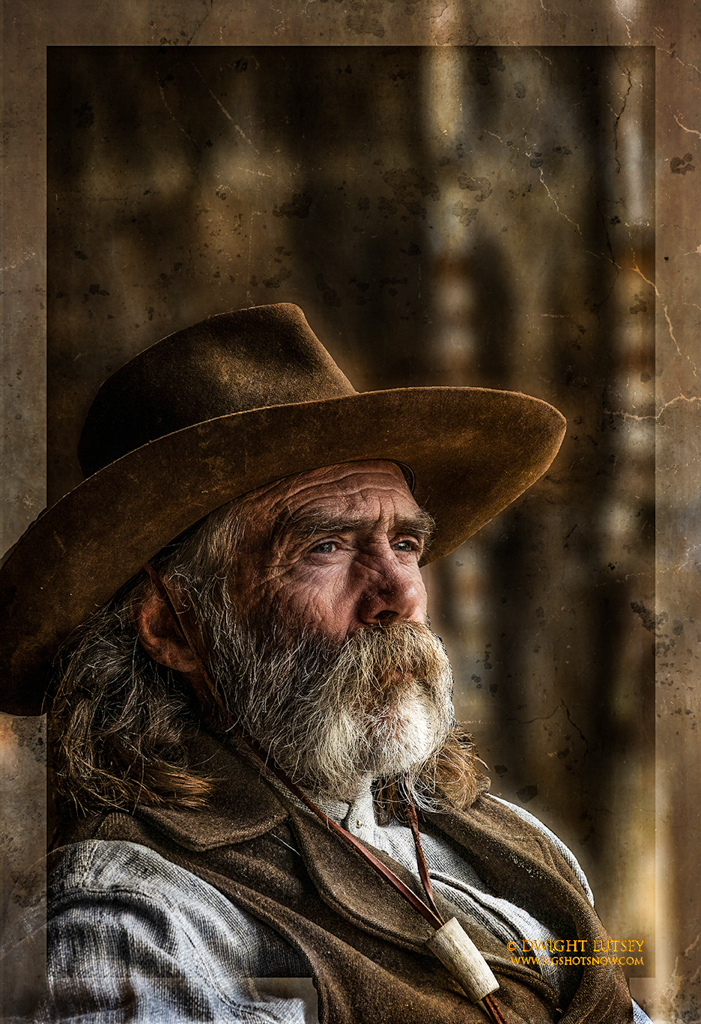
My name is Rafe McCleary and I’ve been running this livery stable here in Mothersell, Montana for the last 32 years. I’ve seen a lot of folks come and go, eager to make their fortune or simply to set a while and figure out what comes next. The story I’m about to tell you ain’t pretty and is one of the most heart breaking events ever to happen here in Mothersell and to this day it still makes me maudlin and close to tears when I think back on the dark deeds done that day. It involves a family of farmers from Sweden that stayed for most of the winter and the effect they had on the town and the effect the terrible events that happened to them changed us all. And the hanging. The hanging I’ll get to in a minute but first I need to tell you why we had a hanging. It is this story that is a dark stain on Mothersell’s history and one that makes us sad to hear recounted to this very day. It’s about a family, a wonderful family that was visited by the worst luck ever I knowed about.
The Olstrom Twins were one of those rare moments of beauty that occurred in the West occasionally. Twelve years old at the time Ansgar and Blenda Olstrom were part of an immigrant party that passed through Montana on their way to the wilds of the far northwest where they intended to begin farming in the hard dry earth in what is now the panhandle of Idaho.
Fair blond hair, startling blue eyes, pure white skin the color of the finest alabaster, they were a sight seldom seen in the tough hardscrabble mining town of Mothersell Montana. Blenda was particularly beautiful and was called Maj as a nickname which meant Pearl in Swedish, as her skin was the same color as one of those lustrous jewels. Since they were twins it could be said that Ansgar was beautiful too but back then we didn’t speak like that about boys. But he was sure a handsome young lad and sought after constantly by the few young girls we had here at that time. The miners that lived here were more accustomed to the weatherworn, wind scarred faces of those who had survived the brutal winters and scorching summers of the high Montana mining country. To see untouched innocent beauty like the Olstrom twins was a surprise and a blessing, showing all, that beauty was possible and still existed despite the hardships of their daily lives.
The Olstrom wagon was on its last legs as were their stock and the men that drove them. The trip so far had been as arduous as any journey can be and they needed to stop and repair their equipment and their spirits before completing the last portion of their journey. Mothersell seemed to be that perfect resting spot and as Winter was fast approaching they felt it prudent to stay and continue on in the Spring. While here the men helped out around the town doing handiwork and fixing things and being good with wood in their spare time they whittled things like animal figures and spoons and carving fancy designs into wooden plates, an art form not seen in these parts and sought after by those townsfolks who wanted to add some beauty to their severe dwellings. The womenfolk took in washing, baked marvelous pastries and pies and sewed and repaired clothes. All were an asset to the town and highly thought of.
But it was the twins that were the jewels that graced the mean unlovely town of Mothersell. Brighter than any gold dug up or panned out of the streams they were blessed not only with beauty but voices that could sing the wings off an angel. Pure, high, impossibly beautiful voices that could bring hard men to their knees in a fit of crying because they had forgotten how beautiful life could be. They sung songs about the glory of God, they sung songs in Swedish that nobody could understand the words to. They learned some of the songs the miners loved to hear and sung those. They just sang, It didn’t matter what. They could hum and people would cheer. Their harmony made the sound of their combined voices even more impossibly wonderful and there was never a time when they sang that they didn’t get the whole town to turn out.
And that was their glory, and due to the devil’s workings, their downfall. Like in all towns Mothersell had its share of unsavory people. Those that you just knowed was going to cause trouble and do a mischief if they got the chance. Such was Leopold Baron von Klesser, also known as The Kraut, a soiled little weasel that did not live up to his fancy name, which some thought was made up anyway. Slight, squinty-eyed, with a nasty disposition and behavior that got him shunned by anyone who ran acrosst him he was forced to live in a ramshackle hovel some ways out-of-town and subsist on the edges of people’s good will. And he was totally and obsessively smitten with Maj. Due to some of his previous behavior he was never allowed to get in arm’s distance of any of the young children in town and was watched constantly when he showed up to get supplies or whatnot.
Then of course it happened. The bad thing. The worst thing you could ever imagine even if you can imagine bad things. There was screaming and shouting and cries of terror and grief when it was found that the twins was missing. Both of them. Groups immediately formed and went out looking. The Sheriff went door to door checking every building in town. Mine shafts were checked. The river was scouted both up and downstream for five miles in either direction. Nothing. Nothing was found. No bodies, no tracks, nothing. They was just disappeared.
But as it has to be they was found. Dead, both of them. Their bodies totally mutilated and desecrated. The beauty that was them was gone and lost forever. It looked like they was taken by Indians. There had been some Blackfeet around lately and folks thought they had done it but that turned out to be untrue. Indians didn’t have nothing to do with it. They was innocent just there to trade and see how the whites was living. No it was that bastard Leopold. He done it. He snuck in and got Maj and made Ansgar come along under some guise or other and took them way out on the prairie where he did terrible things to them and then killed them to make it look like it was Indians.
The Sheriff went out to Leopold’s place and found some pieces of Maj’s clothing there and after an all night session in the jail Leopold confessed. To say there was a chaotic reaction to this unfolding was the understatement of all understatements. There was talk of moving Leopold to Bannack for safe keeping until the circuit judge could arrive but the Sheriff knew that given how people felt neither he nor Leopold would make the trip to Bannack, so he just ringed the jail with deputies and told everyone that anyone trying to lynch Leopold would be shot, even if that was what that bastard Leopold The Kraut needed more than anything.
The City Fathers came together and decided that they would hold the trial here in Mothersell and preside over it as both judge and jury given as they run the place anyway, and the Sheriff, bought and paid for by them, went along with it as he couldn’t see no sense in getting his ownself killed by the angry townsfolk over somebody like Leopold. The trial was held, Leopold Baron von Klesser was found guilty of man-killing, or in this case, child-killing and was sentenced to be hanged by the neck until dead, dead, dead, the dirty son of a bitch.
Normally hangings were an almost joyous event. A bad person was made to pay for his crime, people felt good about the justice that was done and it was a chance to get together and see neighbors and friends you hadn’t seen for a while. Have a picnic, get drunk maybe. Not this time. What Leopold had done was so terrible and what he had deprived them of was so precious to their hearts that although it was one of God’s gifts to see this monster hung they could take no joy in it. He wasn’t going to be given the tumultuous celebration he craved so they all stood there in mute silence as the floor of the scaffold dropped out from under Leopold Baron von Klesser and he went to see his maker to be judged for his life and done with as God saw fit. One thing did happen. The father of Ansgar and Blenda quietly asked the hangman if he couldn’t make the noose a little loose, which was done after being slipped a gold nugget, which to his credit he refused that gold feeling much the same way as the crowd did and Leopold’s last moments were indeed terrible to behold as he didn’t have the quick clean death of that short fall and the snapping stop of a broken neck. Instead he had a very long time of dangling and kicking and gasping, making truly unholy noises until finally he swung slowly back and forth and the deed was done.
The crowd went back to their individual lives. Leopold was left to swing for the rest of the day before being taken down and unceremoniously dumped in a hole out near the landfill. No marker, no one in attendance except the undertaker and he didn’t want to be there either, in fact, in one more act of uncivility by the undertaker Leopold wasn’t even put in a box or given the courtesy of being wrapped in a shroud. Just thrown in a hole and buried like a rabid dog.
A beautiful bright spot and loss of an irreplaceable beauty was left in the town and it was a long winter indeed in Mothersell that year. The Olstrom party departed the following spring and are still raising potato’s in Idaho I hear.
So ends the story of a dark chapter in Mothersell Montana’s history. Like I said it ain’t a pretty tale to tell and the town isn’t proud of it. But it happened and as such it deserves to be remembered with the good and the bad even if it is a painful thing to recall.
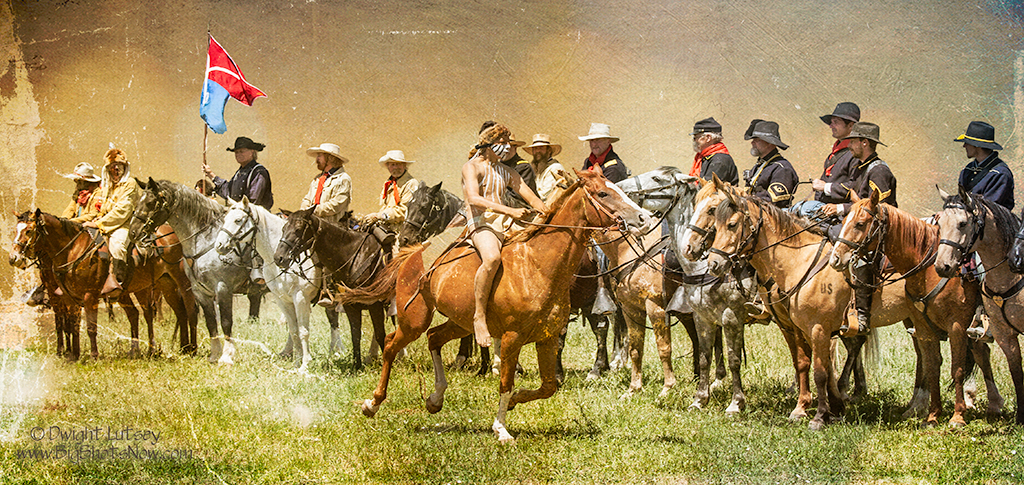

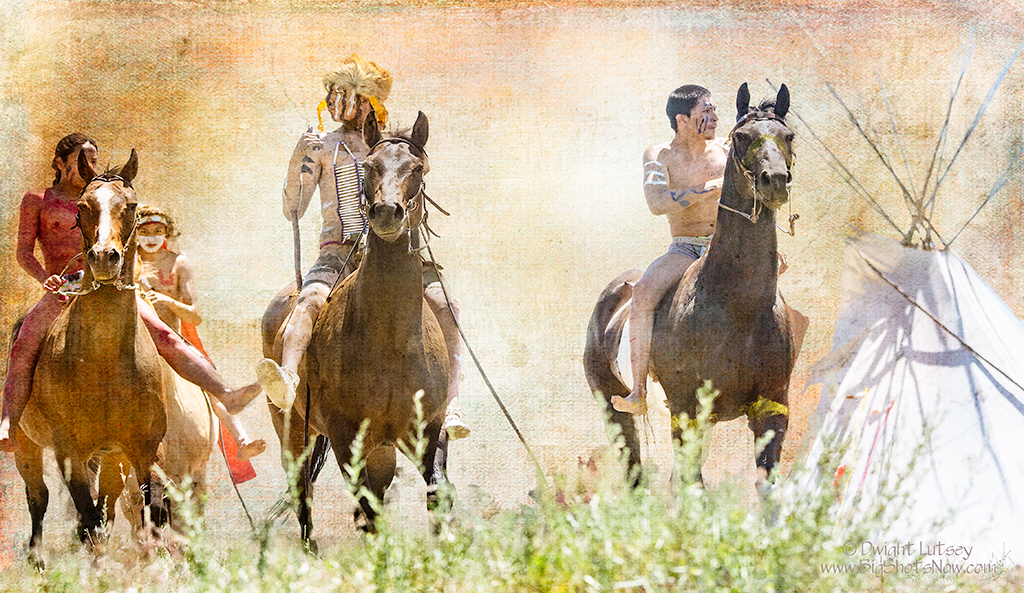
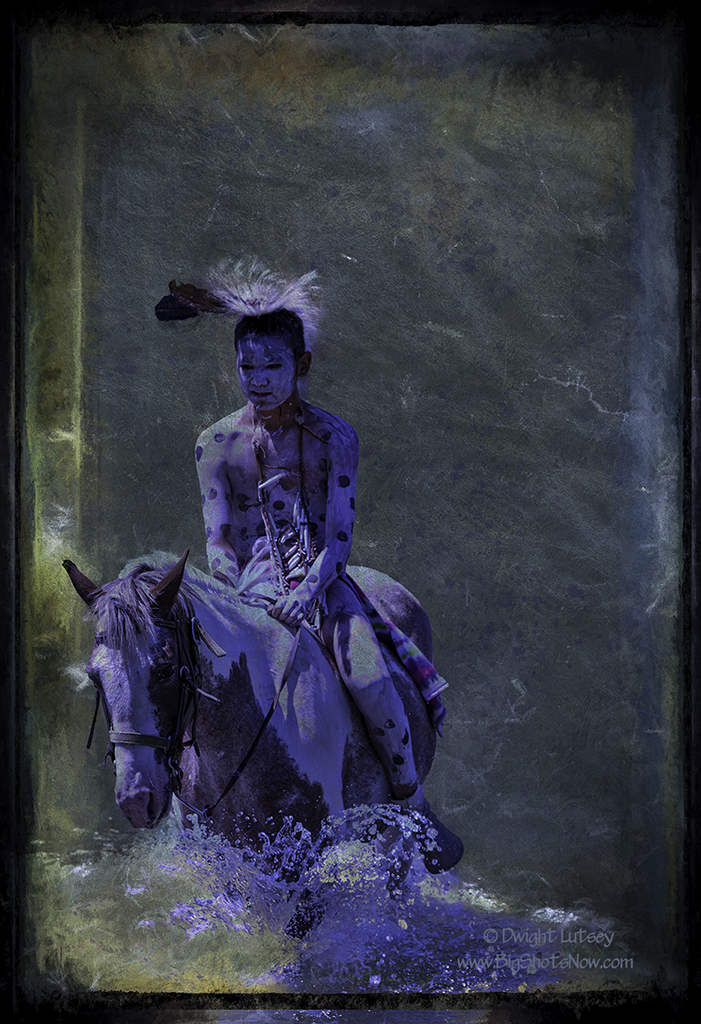
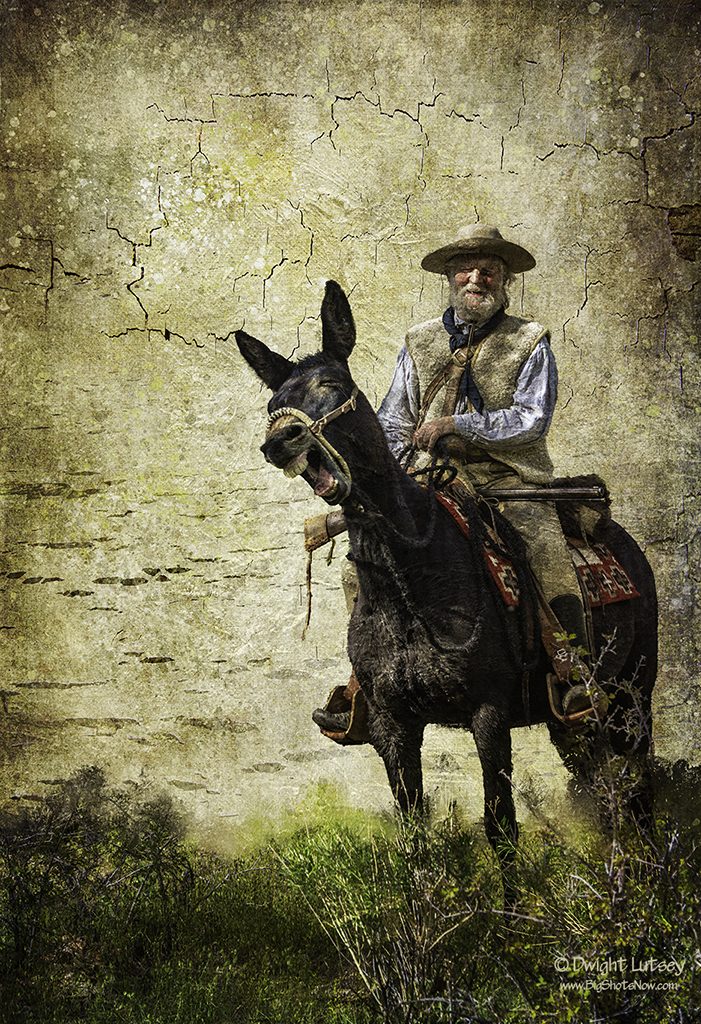
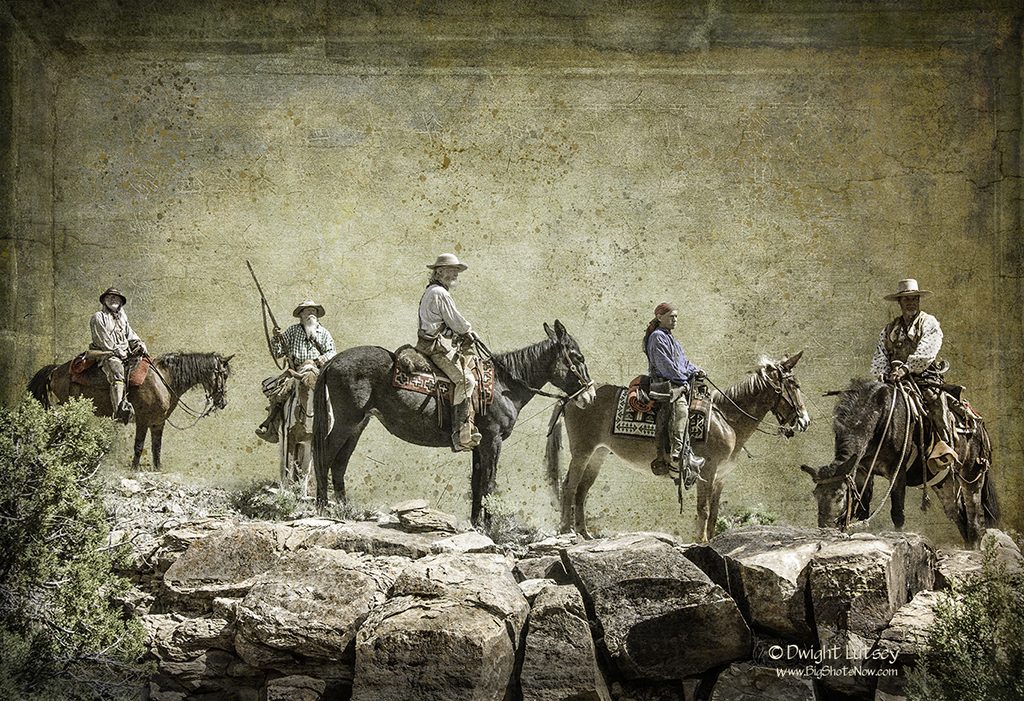

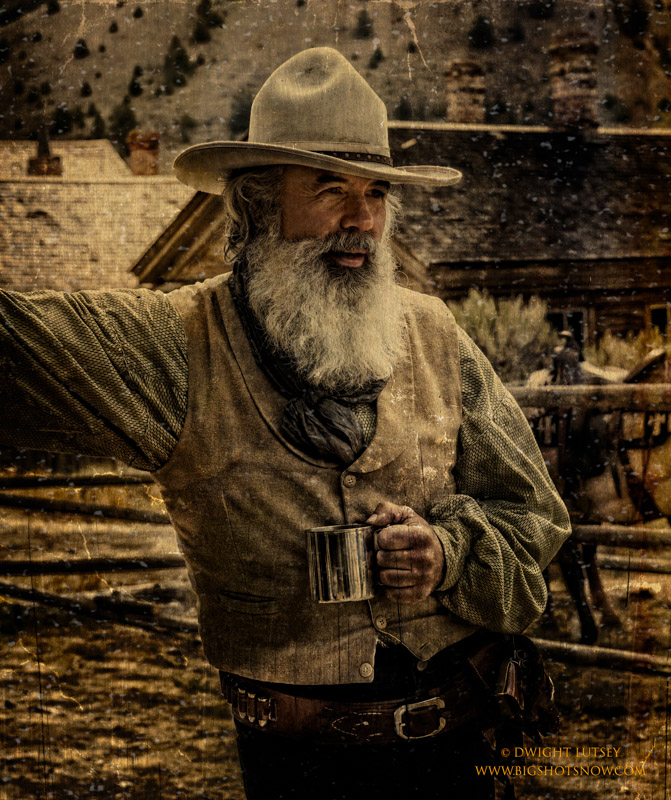
You must be logged in to post a comment.